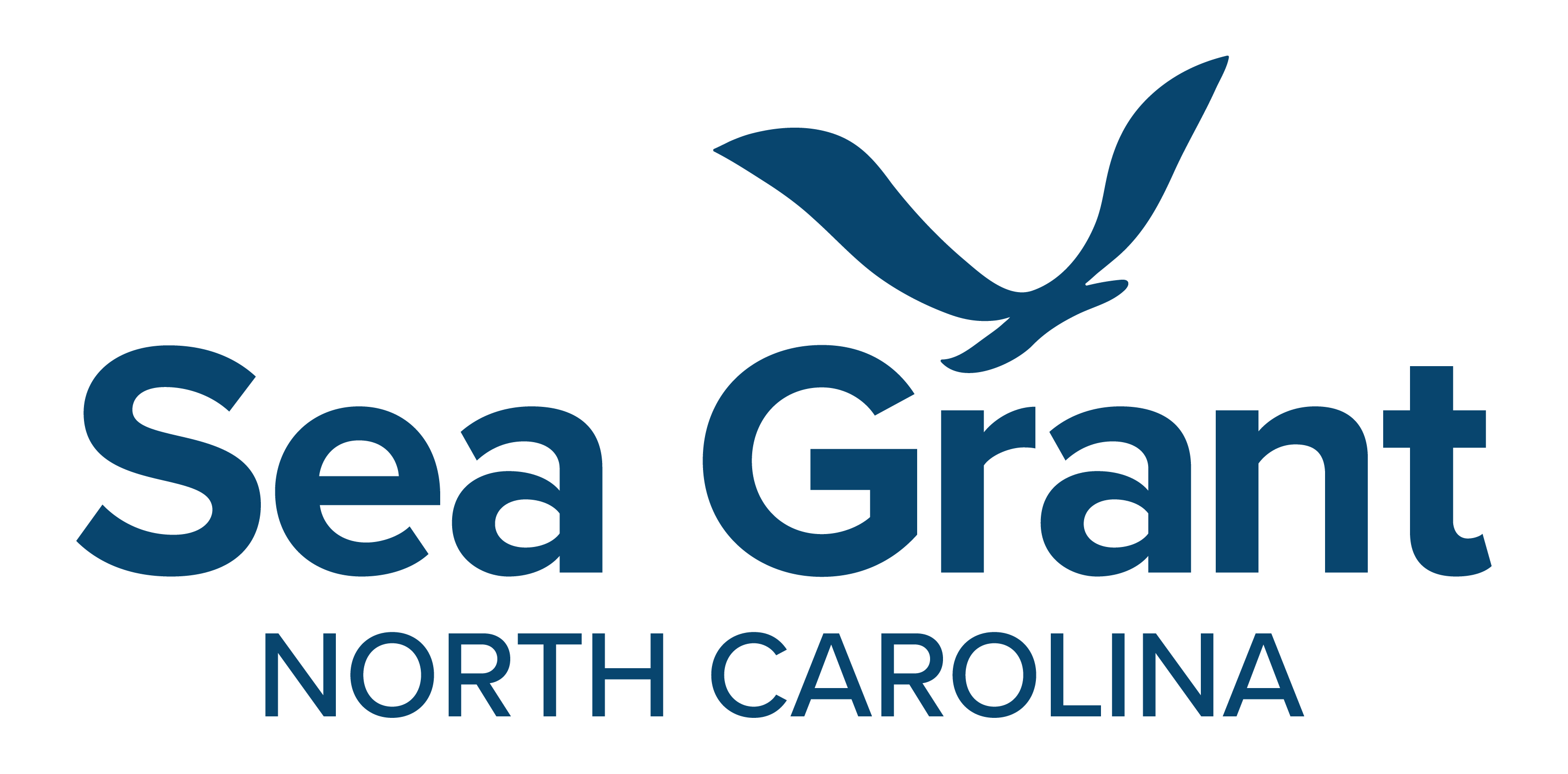Climate Change and Onsite Wastewater Treatment Systems in the Coastal Carolinas
Wastewater infrastructure is designed to provide safe, efficient conveyance and treatment of sewage to protect human health and the environment. However, climate change increasingly threatens the effectiveness of this infrastructure, particularly in coastal communities.
Many of these communities rely on decentralized wastewater treatment technologies, such as septic systems. High-tide flooding, extreme precipitation events, and sea level rise can impair these onsite systems. Contaminants from improperly treated wastewater can cause human illness and ecosystem damage, and may ultimately diminish quality of life in affected coastal municipalities.
Research
Research was undertaken to evaluate existing onsite wastewater technologies under multiple climate conditions in the coastal Carolinas. The intent is to help coastal communities to cost-effectively and legally implement climate adaptation plans for wastewater infrastructure. Outcomes of this research include:
- Evaluation of the relative effectiveness of alternative wastewater technologies on the removal of three pollutants: fecal bacteria, phosphorus, and nitrogen;
- Insights on climate adaptation from wastewater experts, including system operators and health regulators;
Economic analysis of onsite wastewater infrastructure policy; - Legal analysis of the regulatory barriers and solutions to alternative wastewater technologies; and
- Guidance for coastal decision-makers and adaptation professionals as they plan and prepare onsite wastewater treatment infrastructure for future climate change.
Results to Date
Publications
- Harrison, J., Vorhees, L., Humphrey, C., O’Driscoll, M., Iverson, G., Bowden, J., Edwards, E., Burnett, I., and K. Hill. 2022. Climate Change and Onsite Wastewater Treatment Systems in the Coastal Carolinas. North Carolina Sea Grant UNC-SG-22-08.
- Vorhees, L., Harrison, J., O’Driscoll, M., Humphrey, C., and J. Bowden. 2022. Climate change and onsite wastewater treatment systems in the coastal Carolinas: Perspectives from wastewater managers. Journal of Weather, Climate and Society. https://doi.org/10.1175/WCAS-D-21-0192.1.
- Edwards, E. and I. Burnett. 2022. Coastal Onsite Wastewater Treatment Systems: Prioritizing Investment through Abatement Cost Analysis.
- Vorhees, L. and J. Harrison. 2021. Climate Change and Onsite Wastewater Treatment Systems in the Coastal Carolinas: Perspectives from Wastewater Managers. North Carolina Sea Grant UNC-SG-21-06.
Presentations
- Harrison, J, O’Driscoll, M., Humphrey, C., Hill, K., White, H., Shephard, K., and J. Bowden. 2021. Wastewater Infrastructure Tipping Point: Climate Adaptation for Onsite Septic Systems. Carolinas Climate Resilience Conference.
- O’Driscoll, M., Harrison, J., and K. Hill. 2020. Climate Change Influence on Coastal Onsite Wastewater Infrastructure. NC Climate Office: Climate Change Webinar Series – Sea Level Rise.
- Harrison, J., O’Driscoll, M., Edwards, E., Dubbs, L., and L. Cahoon. 2020. Wastewater Treatment along North Carolina’s Changing Coastlines. NCWRRI Annual Conference.
News Coverage
- Climate Impacts Coastal Wastewater Management and Town Planning. July 2, 2020. East Carolina University.
- Sea Level Rise Puts Septic, Sewers at Risk. June 18, 2020. Coastal Review Online.
- WRRI Kicks Off Virtual Conference Series with Coastal Wastewater Treatment Session. May 7, 2020. NC Water Resources Research Institute.
Research Team and Funding
North Carolina Sea Grant is leading this research on climate change and onsite wastewater systems, in collaboration with university and community partners and with funding from the NOAA Climate Program Office.
The research team includes:
- Jane Harrison, Coastal Economics Specialist, North Carolina Sea Grant
- Lauren Vorhees, Research Assistant, North Carolina Sea Grant
- Jared Bowden, Senior Research Scholar, Department of Applied Ecology, North Carolina State University
- Michael O’Driscoll, Associate Professor of Coastal Studies, East Carolina University
- Charles Humphrey, Jr., Professor of Environmental Health Sciences, East Carolina University
- Eric Edwards, Assistant Professor of Agricultural and Resource Economics, North Carolina State University
- Katie Hill, J.D., Research Professional, Carl Vinson Institute of Government, University of Georgia
Community partners include:
- Holly White, Principal Planner, Town of Nags Head
- Aaron Pope, City Administrator, City of Folly Beach
